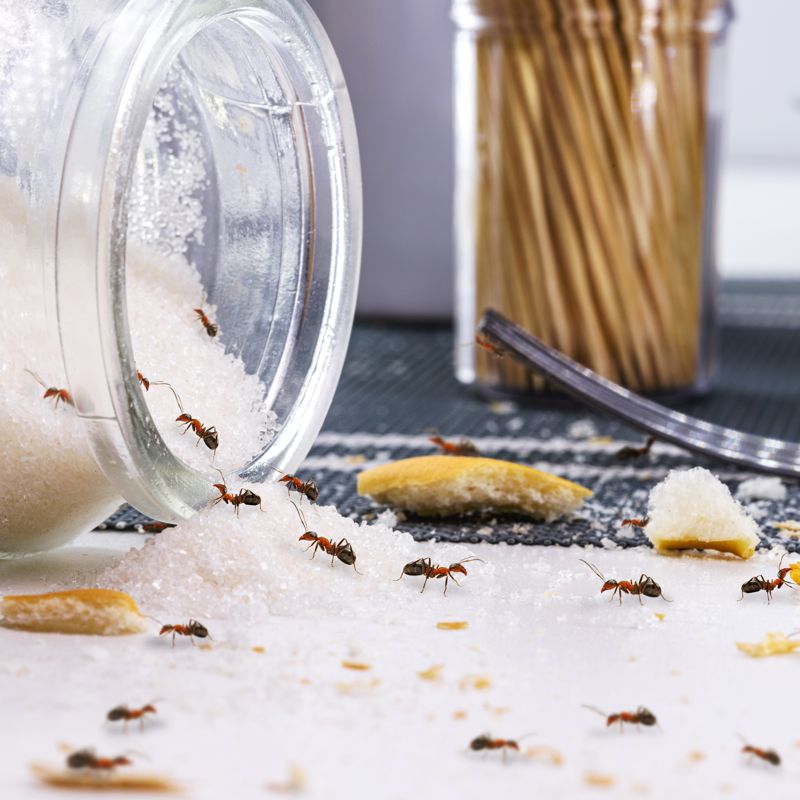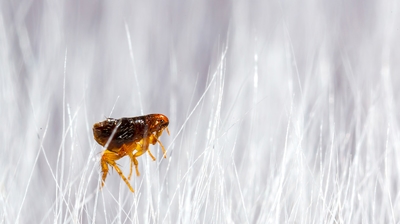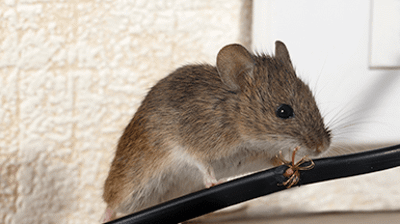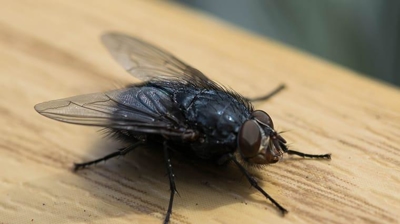In The Line Of Bite: Protecting Yourself Against Mosquitoes In Streator
We are arguably the most safety-conscious generation in the history of the world. Everything from pillows to heavy machinery has warning labels. Some labels are comical. For example, you might see the warning, "Do not use the hair dryer in the shower." While some tags are there to thwart a potential lawsuit, most are there for our protection.
It is a natural human desire to protect ourselves from harm, whether from potential product misuse or a pest like mosquitoes. Why do we want to protect ourselves from these buzzing and annoying flying insects? Why do we purchase sprays, light tikki torches, and wipe dryer sheets on our bodies to ward off these insects? The main reason for these activities is we want to protect ourselves from mosquitoes.
Although some home remedies may provide some protection, the only way to control mosquitoes is to secure mosquito control in Streator from Quik-Kill Pest Eliminators. You need a local, family-owned company that has protected our community against pests since 1929. Many pest control companies exist throughout the United States, but only 3% have earned the QualityPro certification from the Foundation for Professional Pest Management. The National Pest Management Association (NPMA) recognizes this certification as the highest achievement a pest control company can obtain in the industry; we are proud to say that we have been QualityPro Certified since 2005. We meet and exceed 16 local, state, and federal regulations; our team members are certified, background-checked, and drug-free. When you partner with us, you work with the local pest control industry leader.
We know you probably found this article because mosquitoes are dive-bombing you when you sit on the porch at night, and you want to protect yourself from them. Please keep reading for the information you need to enforce mosquito control around your Streator home.
A member of our team will be in touch shortly to confirm your contact details or address questions you may have.

Why Choose Quik-Kill Pest Eliminators?
-
A Category of OneThere are plenty of pest control companies out there, but there is only one pest eliminator. We don't want to control the pests in your home or business, we want them gone forever. Call us today to get rid of your pest problem for the last time!
-
Guaranteed ServiceOur local, family-owned pest control company is committed to friendly service, effective solutions, and 100% customer satisfaction! If you need pest control in Central Illinois and the Quad Cities, we are ready to help!
-
Effective SolutionsFor over 95 years, Quik-Kill has been perfecting our craft and developing our skills to deliver the best results! Our services include residential pest control, rodent control, mosquito control, and more!
-
Sudden ServiceWe understand how important dependable service is to you, and we make every effort to respond to your pest problems quickly! How soon can your tech come out? Contact us to get started!
Health Risks Of Mosquito Bites: Warning Signs To Watch For
Each time a female mosquito wants to produce eggs, it must consume a blood meal, and when mosquitoes bite, there is an exchange of blood and saliva. When it drinks blood, it gets the red blood cells and any disease-causing viruses and parasites in the host's blood. The germs initially enter the mosquito's gut and migrate to the mosquito's salivary glands over the next two to three weeks. When the mosquito feeds on its next victim, it injects the pathogens in the salivary glands into the host's body.
The capacity of mosquitoes to spread disease makes them the deadliest animal in the world.
According to the World Health Organization (WHO), mosquito-borne diseases kill about 750,000 people worldwide. The following is a list of diseases caused by mosquitoes in the United States:
- West Nile virus
- Dengue
- Chikungunya
- Encephalitis
Although malaria, Zika, and yellow fever are often in the news, mosquitoes do not spread these illnesses in our country.
The West Nile virus has become a concern in our country because it can produce a fatal result in 1% of cases. One in five will encounter fever, headaches, body aches, joint pains, vomiting, diarrhea, or a rash; however, most people do not experience symptoms when infected with this pathogen.
About 25% of people infected with the dengue virus will experience nausea, vomiting, body aches, eye pain, and other flu-like symptoms for two to seven days after the bite. Although no specific medication exists to treat this disease, you can manage it with over-the-counter pain medications, rest, and staying hydrated.
Unlike the West Nile and dengue viruses, those infected with the chikungunya virus will experience illness about three to seven days after being bitten. Fortunately, the symptoms last only a week and consist mainly of muscle and joint pain but may also include other flu-like signs.





